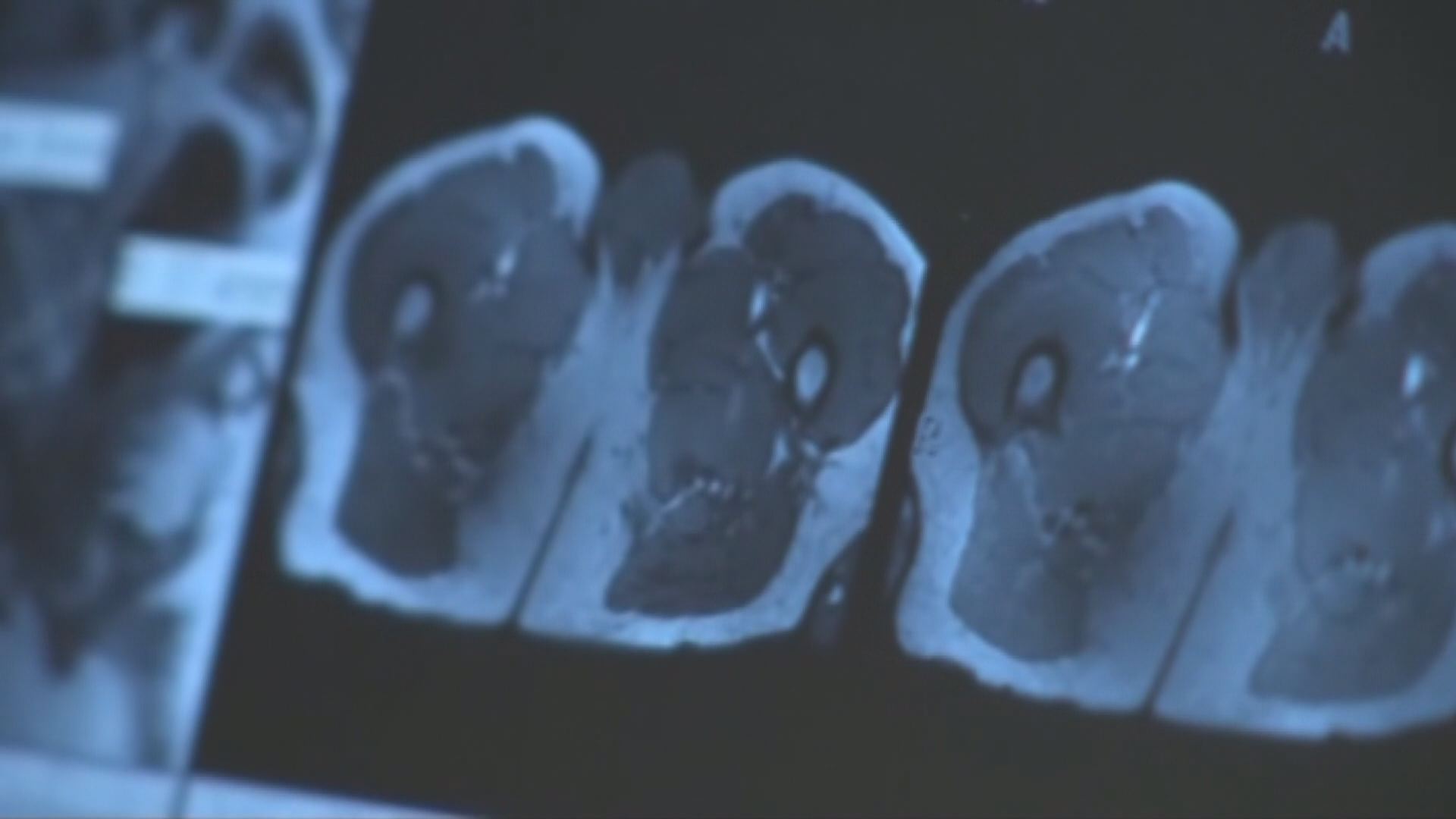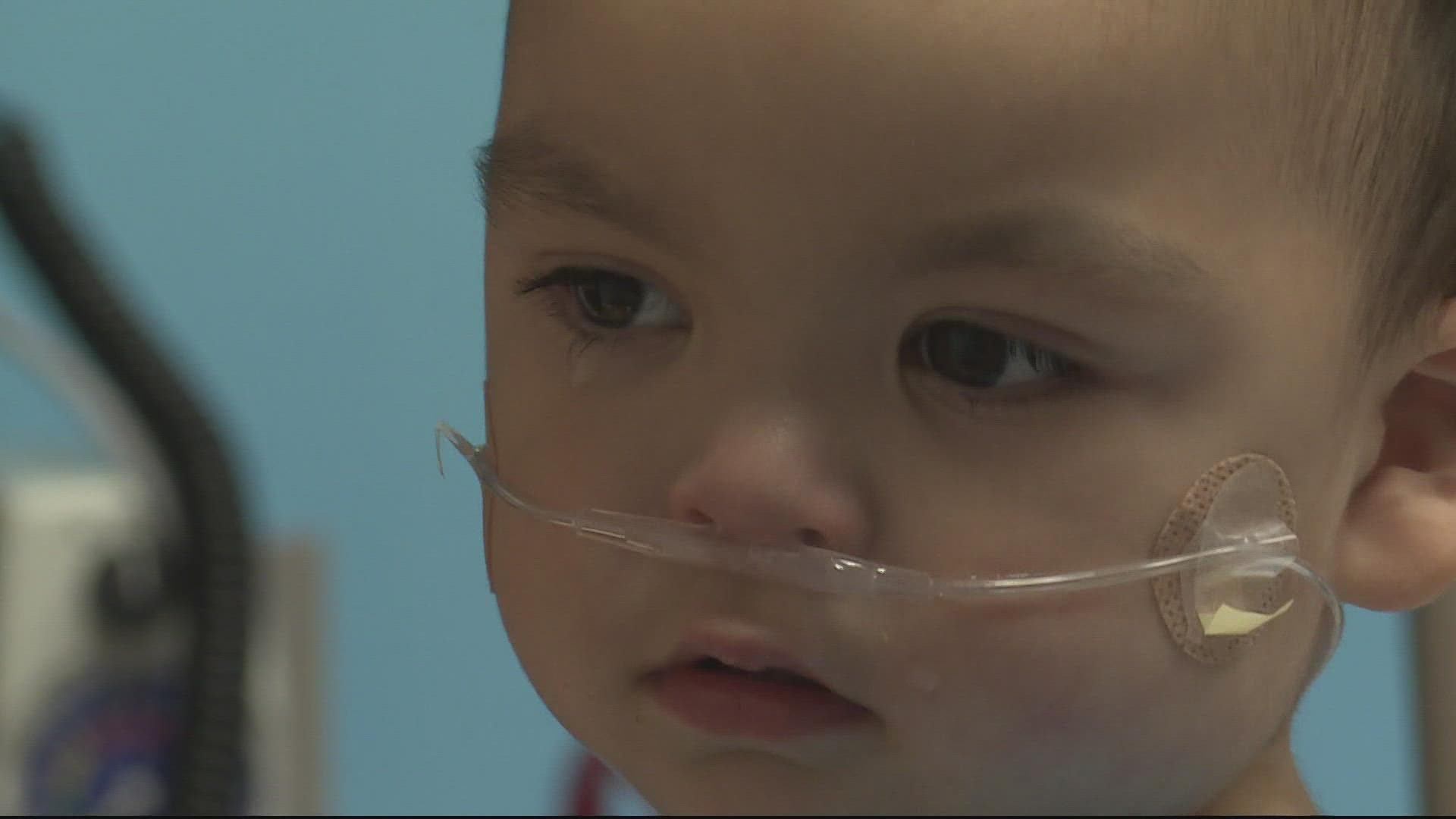Alexandria, Va. (WUSA) -- September is prostate cancer awareness month and doctors want to remind everyone that the number one killer in men is almost totally preventable. One of the challenges, some say, is that most men are not aware of prostate issues until it's too late.
Jeff Link is a retired Navy Captain who says at one point, he was also in the dark about prostate health.
Link says, "You'd be surprised the number of men who have heard the term prostate, heard the word and have no idea what the prostate actually is."
The Navy officer completed a routine physical that included a PSA test, it's a blood test that looks for evidence of cancer.
"About nine months after my retirement I had another PSA exam with the VA and the results came out at 4.2, and that caused a great deal of concern since the trigger for concern is 4," says Link.
In the United States, a man dies every 20 minutes from prostate cancer. But, the American Cancer Society estimates that 2.9 million Americans have been diagnosed with the disease, and are still alive today. Regular screenings are key to early detection because prostate cancer poses little symptoms.
Urologist Dr. Nilay Gandhi of Inova Alexandria Hospital says, "A lot of times the symptoms can be confused with an enlarged prostate. Typical symptoms may be urinating frequently, waking up at night to urinate, even having a weak urinary stream."
Adding to the confusion, an influential government task force now advises against healthy men getting routine PSA screenings. Their findings conclude that the test leads to unnecessary biopsies and surgery. Instead, the panel recommends, healthy men should have active monitoring.
But Jeff Link, who is a married father of three, chose surgery instead.
Link says, "I just was not comfortable with the wait and see approach. I didn't want to come back another year later and find out that it had gotten significantly worse, or worse case that it spread somewhere else."
Dr. Gandhi says knowing and understanding your personal risk factors best determines your course of treatment.
Dr. Gandhi says, "Questioning your doctor, asking these sort of things only makes you better to make an informed decision."


